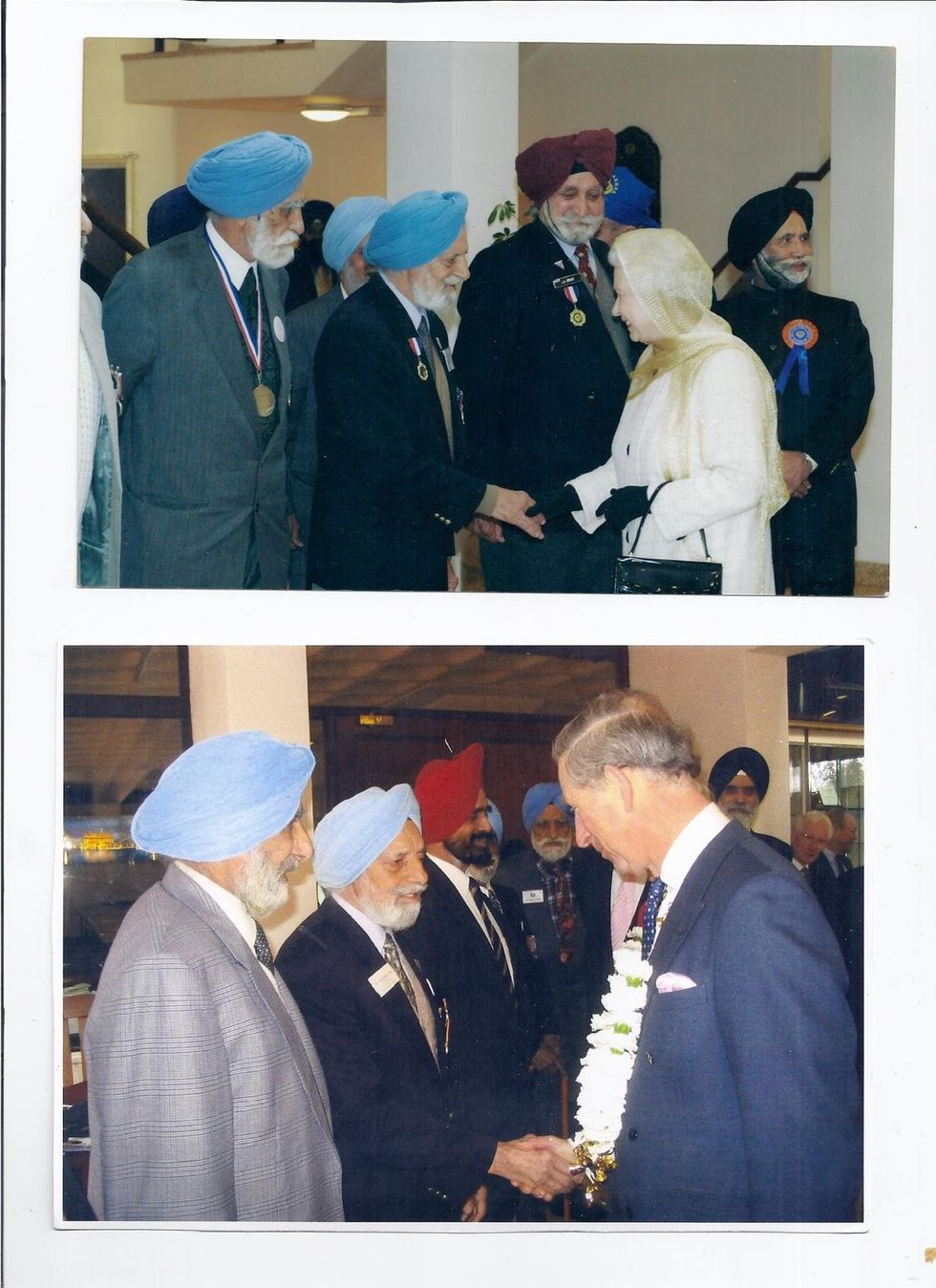LABOUR has announced plans to cut net migration to the UK if it wins the upcoming election, without setting a specific target.
Shadow home secretary Yvette Cooper said that improving the training of British workers would reduce the need for overseas labour.
Cooper argued that not having a target was sensible, as the Tories had "discredited the whole system" by consistently missing their own targets.
Meanwhile, the ruling party responded to the comment skeptically, saying, "No one believes Keir Starmer is serious about tackling immigration."
During an appearance on BBC One's Sunday with Laura Kuenssberg, Cooper acknowledged that recent government-announced salary levels had not yet fully impacted the restrictions on work visas.
However, she said that Labour intended to go further in reducing reliance on foreign workers in key sectors such as construction, IT, social care, health, and engineering.
Labour plans to introduce a new law that would require various parts of the government to develop skills improvement plans for high-migration sectors. The details on how these plans would be enforced are not yet clear.
Cooper expressed the party's desire to see "significant changes" across the economy to lessen dependence on overseas workers but reiterated that Labour would not set a migration target, highlighting the Tories' inconsistent approach as a cautionary example.
She also noted that external factors, like the pandemic and the country's acceptance of Ukrainian refugees, could cause annual variations in migration numbers.
In his recent remarks on migration, Labour leader Sir Keir also assured that a future Labour government will reduce net migration.
In 2023, net migration figures showed 685,000 more people coming to the UK than leaving, according to the Office for National Statistics (ONS).
Earlier this year, the government enacted new laws to reduce immigration, including raising the minimum salary requirement for some skilled work visas by nearly 50 per cent and increasing the salary threshold for skilled workers to bring family dependents.
Cooper said Labour supported these changes and acknowledged that they would further restrict access to visas. Additionally, Labour aims to extend bans on hiring foreign workers for companies that violate employment laws, such as paying below the minimum wage.
A Tory spokesperson accused Labour of a policy reversal, highlighting Starmer's past opposition to tougher border controls and comments made in the late 1980s about the racist undercurrent in immigration laws.
Alison Thewliss of the SNP, meanwhile, criticised both Labour and the Tories for blaming migrants for societal issues, arguing that Westminster's immigration policies harm Scotland's care sector, NHS, and economy.
"It’s clear the Conservatives have failed on immigration and broken every promise they’ve ever made," said a Liberal Democrats spokesperson.




















 Dhatt with sons Jasvinder and Parminder
Dhatt with sons Jasvinder and Parminder Dhatt as a young soldier
Dhatt as a young soldier Dhatt with the then Prince of Wales, and the late Queen
Dhatt with the then Prince of Wales, and the late Queen Dhatt gardening at home
Dhatt gardening at home Dhatt with his granddaughter Amrit
Dhatt with his granddaughter Amrit